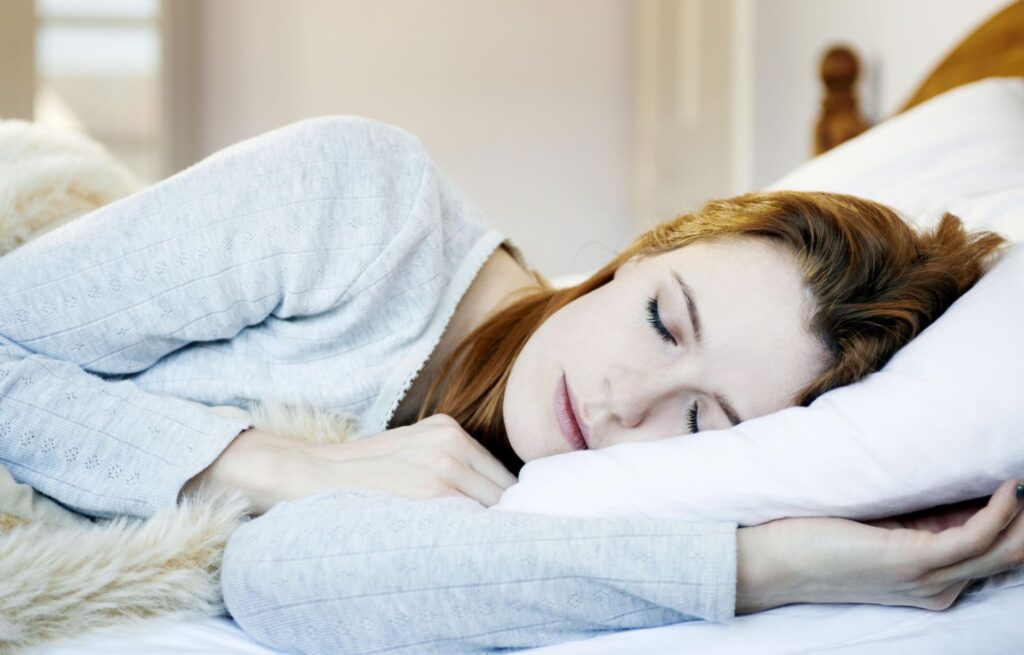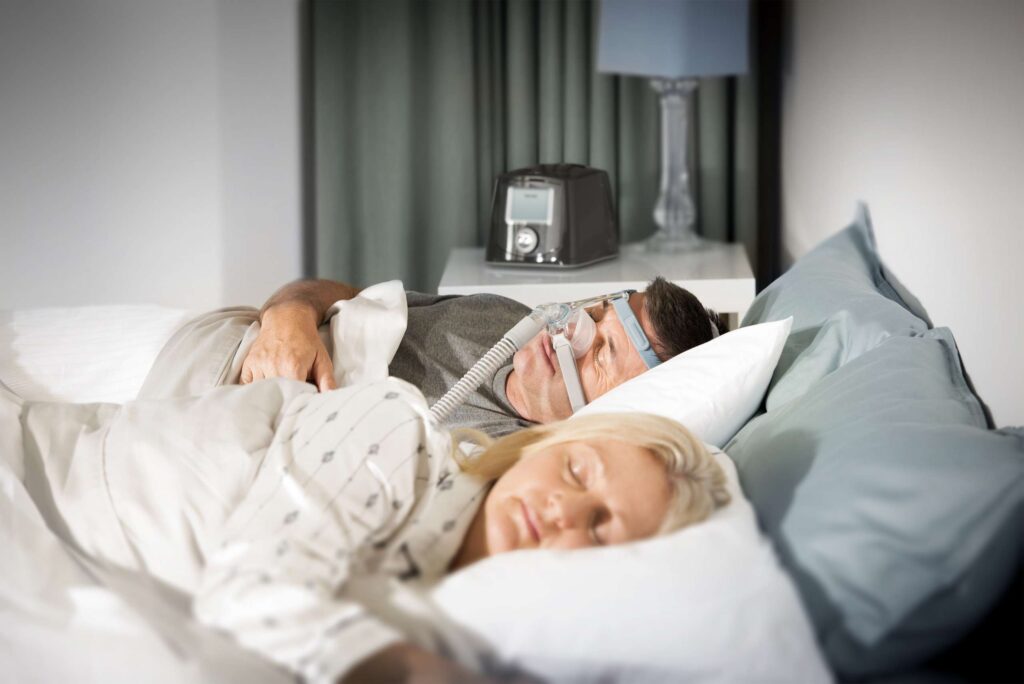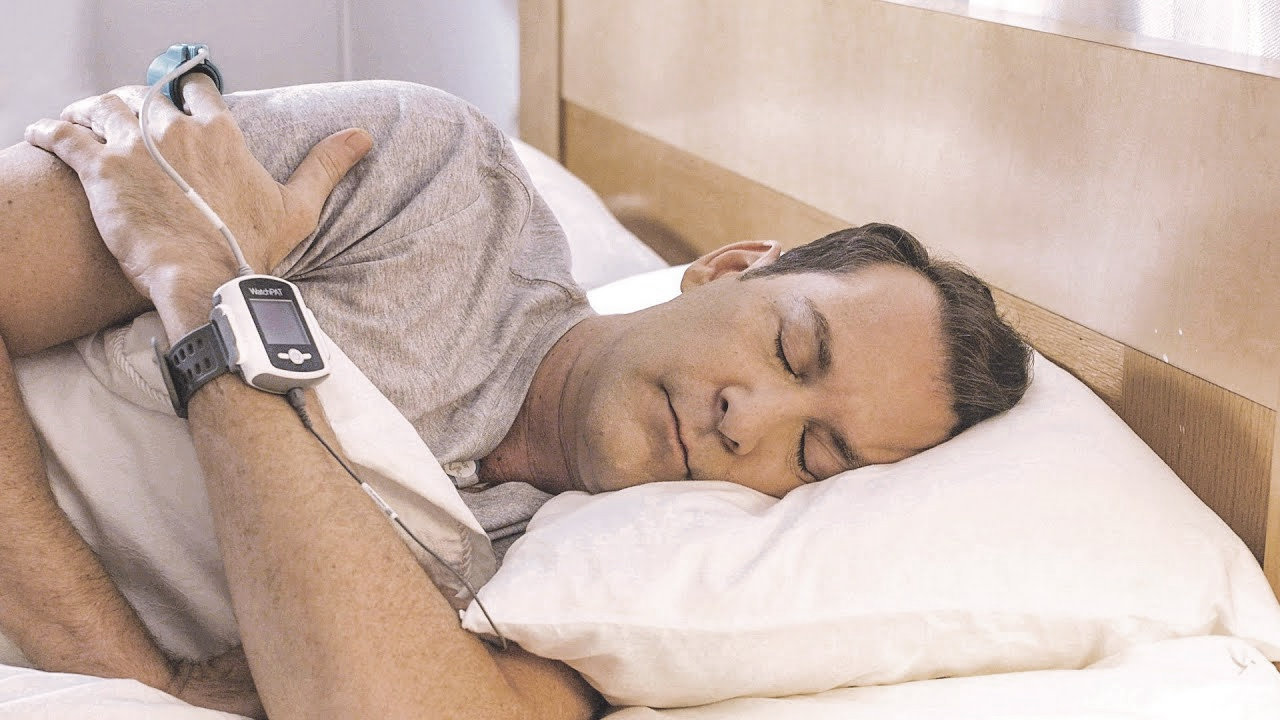Understanding Brisbane Sleep Studies
Sleep studies are important tools used to diagnose sleep disorders in Brisbane residents. These thorough assessments track various bodily functions while a person sleeps, giving healthcare professionals crucial information to identify conditions such as sleep apnoea, insomnia, and other sleep-related issues.
Types of Sleep Studies in Brisbane
Brisbane sleep studies can be carried out in two main places:
- In-Lab Studies: These are done in specialised sleep labs with direct supervision.
- Home-Based Tests: These are conducted in the comfort of a person’s own bedroom.
The Importance of Preparation for Sleep Studies
Proper preparation is key to getting accurate results from sleep studies. These tests measure several body functions, including:
- Brain activity
- Eye movements
- Heart rate
- Breathing patterns
- Blood oxygen levels
- Body position
The accuracy of these measurements relies heavily on how well the patient prepares and follows the pre-test instructions. Research shows that patients who are well-prepared provide more reliable data, which leads to better diagnoses and treatment plans.
Whether a sleep study is done at home or in a lab, it is essential to pay close attention to the preparation guidelines for it to be successful.

Types of Sleep Studies in Brisbane
Brisbane sleep clinics, such as those offering sleep study Brisbane, provide two primary diagnostic approaches: in-laboratory studies and home-based sleep tests. Each type serves specific diagnostic purposes and utilises different monitoring equipment.
In-Lab Sleep Studies (Diagnostic Polysomnography)
In-laboratory sleep studies, which can also be found in other major cities like Melbourne and Sydney, take place in specialised sleep centres under direct supervision of trained technicians. During these studies, patients are connected to sophisticated monitoring equipment:
- Brain Activity Sensors (EEG) – Measure sleep stages and cycles
- Eye Movement Monitors (EOG) – Track REM sleep patterns
- Muscle Activity Sensors (EMG) – Record body movements and positioning
- Heart Rate Monitors (ECG) – Monitor cardiac activity
- Breathing Sensors – Measure airflow and respiratory effort
- Blood Oxygen Sensors – Track oxygen saturation levels
A specialised type of in-lab study, the CPAP Titration Study, determines optimal pressure settings for CPAP therapy by adjusting air pressure levels throughout the night.
Learn more on: Sleep Disorders in Sydney When to Consider a Sleep Study for Better Health
Home-Based Sleep Studies
Home sleep studies utilise portable monitoring equipment designed for self-administration. This equipment includes:
- Nasal Cannula – Records breathing patterns
- Chest Belt – Measures respiratory effort
- Finger Probe – Monitors oxygen levels and heart rate
- Position Sensor – Tracks sleep position changes
The portable equipment records data overnight, requiring minimal setup compared to in-lab studies. Patients receive detailed instructions for proper equipment placement and operation.
Home studies suit patients with suspected sleep apnoea who:
- Demonstrate clear symptoms
- Have no significant medical complications
- Feel comfortable managing the equipment independently
The choice between in-lab and home-based studies depends on individual medical needs, sleep disorder complexity, and physician recommendations. Both methods provide valuable diagnostic information for developing effective treatment plans. If you’re considering a sleep study in Perth or exploring options elsewhere, it’s essential to understand these two types of sleep studies thoroughly.

Preparing for Your Sleep Study: Tips for Both In-Lab and Home Tests
Proper preparation plays a vital role in obtaining accurate results from sleep studies. These essential guidelines apply to both in-lab and home-based sleep tests:
Pre-Study Meal Planning
- Eat regular meals throughout the day of the test
- Avoid heavy meals 2-3 hours before bedtime
- Maintain normal caffeine consumption patterns
- Stay hydrated but limit fluid intake close to bedtime
Personal Grooming Requirements
- Remove all makeup, particularly around the eyes and face
- Clean, dry skin helps sensors maintain proper contact
- Take off nail polish or artificial nails (affects oxygen readings)
- Remove all jewellery, including:
- Earrings
- Necklaces
- Watches
- Rings
- Body piercings
Appropriate Sleepwear
- Choose loose-fitting, comfortable pyjamas
- Pack a dressing gown for in-lab studies
- Bring personal pillows or blankets if desired
- Wear appropriate undergarments for sensor placement
Additional Preparation Tips
- Follow regular medication schedules (unless advised otherwise)
- Avoid napping during the day of the study
- Pack essential toiletries for in-lab stays
- Bring reading material or quiet activities
- Remove contact lenses before the study
For home-based studies, ensure a quiet sleep environment free from disruptions. In-lab participants receive a private room designed for optimal sleep monitoring. Both settings require participants to maintain their typical bedtime routines as much as possible to capture authentic sleep patterns. Read more about environment on https://envsci.barnard.edu/environmental-biology-major
If you’re considering sleep studies in Hobart, Adelaide, or Canberra, these preparation tips will be invaluable in ensuring a successful outcome.
Referral Process and Medicare Coverage for Brisbane Sleep Studies
The referral pathway for sleep studies in Brisbane follows specific Medicare Benefits Schedule (MBS) guidelines to ensure appropriate patient care and coverage.
In-Lab Sleep Study Requirements:
- Specialist sleep physician referral required
- Initial consultation with sleep specialist
- Comprehensive medical history assessment
- Documentation of sleep-related symptoms
- Physical examination findings
Medicare Coverage Guidelines:
- Bulk billing available for eligible patients
- Item number 12203 for diagnostic sleep studies
- Maximum of three studies per year covered
- Additional studies require special authorization
Direct GP Referral Process:
- General practitioners can directly refer for home-based studies
- Patient must present with:
- Suspected sleep apnoea
- No complex sleep disorders
- No significant cardiac or respiratory conditions
Private Health Insurance:
- Gap payments may apply for in-lab studies
- Coverage varies between health funds
- Pre-approval recommended before booking
- Some funds cover CPAP equipment purchases
Documentation Required:
- Valid referral form
- Medicare card
- Private health insurance details (if applicable)
- Complete medical history
- Current medication list
Medicare rebates significantly reduce out-of-pocket expenses for eligible patients seeking sleep disorder diagnosis. The referral process ensures patients receive appropriate care pathways based on their specific sleep health needs and medical conditions.
Air Liquide Healthcare’s Role in Facilitating Sleep Apnea Diagnosis and Treatment in Australia
Air Liquide Healthcare is the largest provider of home sleep apnea studies in Australia. They offer a wide range of solutions for sleep health through their network of sleep brands. Their approach includes:
- SNORE Australia
- Healthy Sleep Solutions
- Mycroft
- Complete Care
- Sleep Disorder Australia (SDCA)
The company focuses on providing a smooth experience for patients, starting from the first diagnosis and continuing with ongoing treatment management. Their services include:
- Non-invasive home sleep studies
- Starting CPAP therapy
- Creating personalised treatment plans
- Regularly monitoring progress
- Providing continuous support to patients
Air Liquide Healthcare works together with leading manufacturers of CPAP equipment to ensure that patients have access to the latest technologies for sleep therapy. Their sleep specialists collaborate closely with Sleep Physicians to confirm diagnoses and improve treatment outcomes. To learn more about treatment click here.
With its wide coverage across Australia, Air Liquide Healthcare makes it easy for people to access services related to sleep health. The organisation’s dedication to delivering high-quality care is evident in its:
- Customised Treatment Programs: Tailored solutions based on individual patient needs
- Expert Support Network: Qualified healthcare professionals providing ongoing guidance
- Advanced Technology: State-of-the-art diagnostic and therapeutic equipment
- Comprehensive Follow-up: Regular assessment of treatment effectiveness
Conclusion
Successful sleep studies rely on maintaining natural sleep patterns during the testing period. Patients can maximise sleep test accuracy by:
- Following regular bedtime routines
- Avoiding caffeine and alcohol
- Maintaining normal daily activities leading up to the test
The quality of sleep during testing directly impacts diagnostic accuracy. A well-prepared patient receives more precise results, leading to better-targeted treatment plans. Brisbane sleep studies, whether conducted at home or in a laboratory setting, provide essential data for diagnosing and treating sleep disorders.
Sleep testing facilities across Brisbane deliver professional diagnostic services backed by Medicare coverage and supported by experienced healthcare providers like Air Liquide Healthcare. Through proper preparation and adherence to testing guidelines, patients can take a significant step toward identifying and addressing their sleep concerns.
Getting appropriate rest isn’t just about sleeping – it’s about understanding how you sleep.
